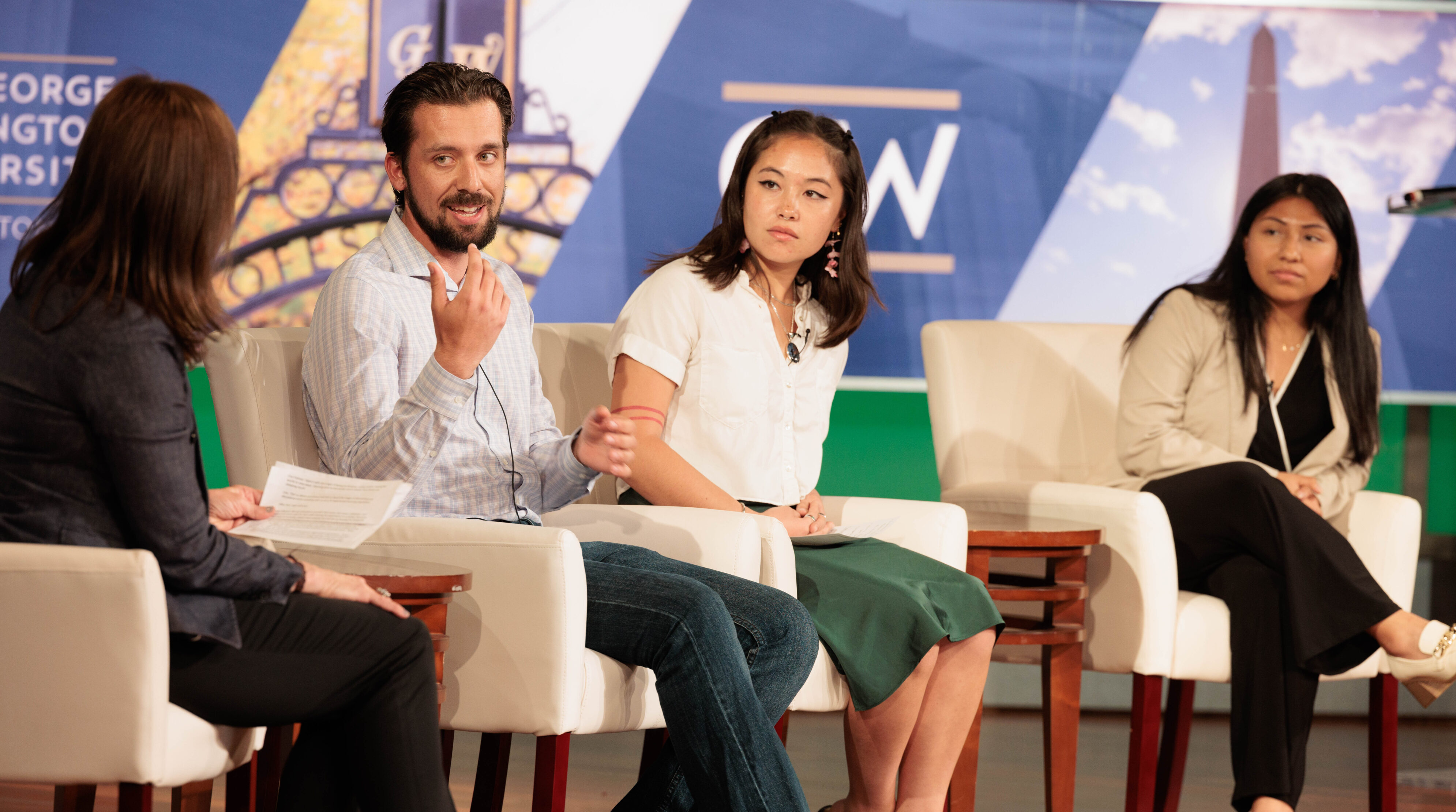From the Farm to Fork: Recovering Food to Feed 5,000 People Daily
How much food do you think you waste? Perhaps you bought too much spinach and now it sits in the fridge awaiting its fate in the garbage, or too much milk and now it’s time to pour it down the sink. Americans waste approximately 40 percent of the food we consume or grow. This is especially concerning when by 2050, there will 2 BILLION MORE people to feed on our planet. In our quest to learn about innovators who are combating waste, we didn’t have to travel too far from Planet Forward headquarters. Right here in the district, the D.C. Central Kitchen (DCCK), which makes 5,000 meals per day for the hungry, has targeted food waste at the most basic level – at the farm.
The organization distributes meals to various shelters and organizations around the city through their program of recovering uneaten, perfectly edible cooked food from large events and donors. They needed to incorporate cheaper and healthier options with fruits and vegetables. It turns out that a lot of food waste in the country starts out not in our refrigerators but farms. In 2012, DCCK recovered over 700,000 pounds of food, much of it from farms.
The process of recovering food from farms is called gleaning, and we caught up with the Procurement Manager at DCCK, Amy Bachman, to capture the process. Check out the journey of apples that will become desert for thousands of DC residents.
DCCK has taken their model on the road and colleges and organizations around the country are trying to emulate the kitchen. How are you going to reduce food waste? Join the conversation below!
Asthaa Chaturvedi is a senior majoring in International Affairs at The George Washington University. Jenny Rabago is a senior majoring in Journalism and Biological Anthropology at The George Washington University.

















